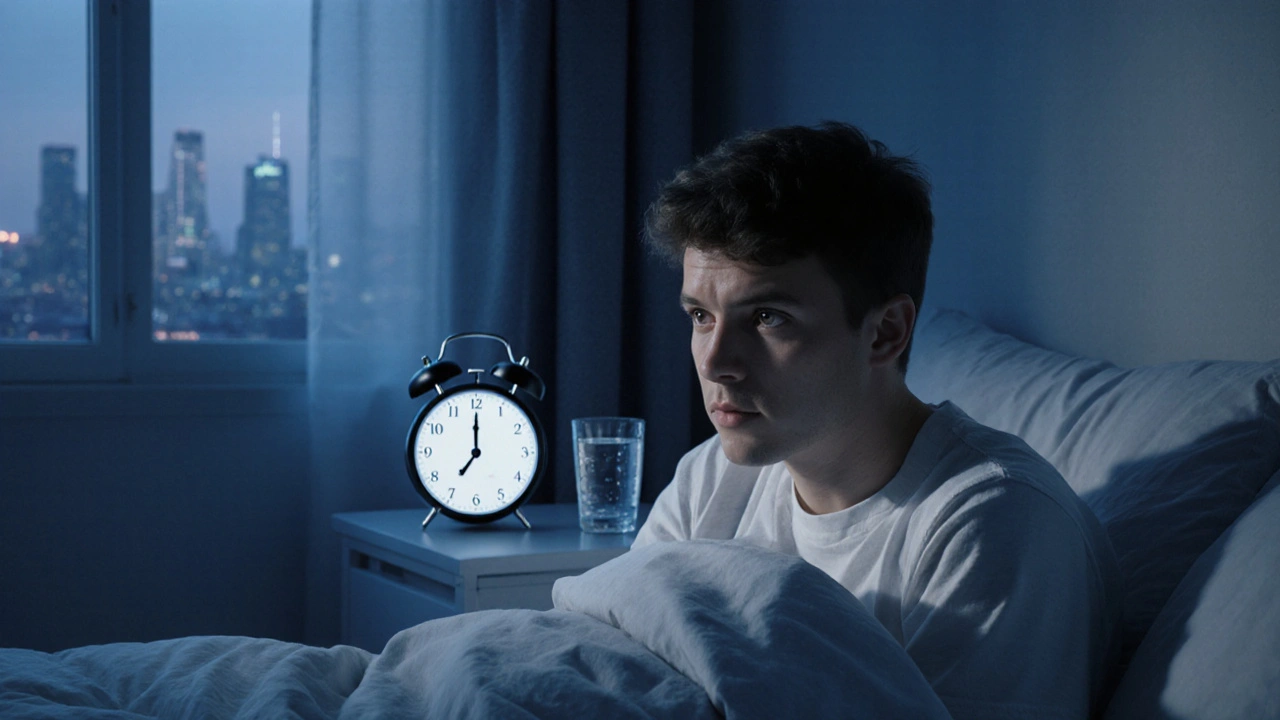Melatonin: What It Is, How It Works, and What Alternatives Really Help
When you struggle to fall asleep, your body might be missing something simple: melatonin, a hormone your brain makes naturally to signal it’s time to sleep. Also known as the sleep hormone, melatonin rises in the evening as light fades and drops when morning comes. It doesn’t force sleep—it just reminds your body it’s time to wind down. If your schedule is off, you’re traveling across time zones, or you’re over 50, your body might not make enough of it.
That’s why so many people turn to melatonin supplements. But it’s not a magic pill. It works best when your circadian rhythm, your body’s internal 24-hour clock that controls sleep-wake cycles is out of sync. Shift workers, people with jet lag, or those with delayed sleep phase disorder often see real results. But if you’re lying awake because of stress, anxiety, or chronic pain, melatonin alone won’t fix it. That’s where understanding your real problem matters more than the dose.
Other sleep supplements, like magnesium, valerian root, or chamomile are often mixed in with melatonin, but they work differently. Magnesium calms your nervous system. Valerian may help you fall asleep faster. Chamomile is more about relaxation than sleep induction. And while melatonin is a hormone your body already uses, these herbs are plant-based and affect different pathways. Mixing them without knowing how they interact can backfire.
What’s missing from most melatonin ads is the truth: it’s not for everyone. If you’re on blood pressure meds, antidepressants, or have an autoimmune condition, it might interfere. And taking too much—like 5 mg or more—can leave you groggy the next day, or even mess with your natural rhythm long-term. Most studies show 0.3 mg to 1 mg is enough for most adults. More isn’t better.
There’s also a big gap between what melatonin does and what people expect. It won’t make you pass out like a sleeping pill. It won’t fix insomnia caused by screen time or caffeine. But if you’re just off schedule—say, you worked late, traveled, or your bedtime shifted—melatonin can gently nudge you back on track. That’s its sweet spot.
Below, you’ll find real comparisons between melatonin and other sleep aids, how it stacks up against prescription options, what doses actually work, and what to avoid when you’re trying to sleep better. No fluff. Just what you need to know to decide if it’s right for you—or if something else might work better.

Why Sleep Hygiene Is Critical for Managing Delayed Sleep Phase Syndrome
Oct, 5 2025
